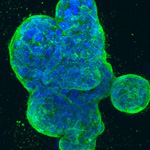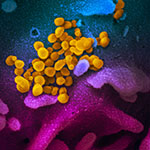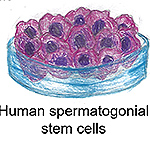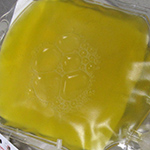A New Way to Target Cancers Using ‘Synthetic Lethality’
Researchers at Ludwig Institute for Cancer Research and University of California San Diego School of Medicine report that inhibiting a key enzyme caused human cancer cells associated with two major types of breast and ovarian cancer to die and in mouse studies reduced tumor growth.


















